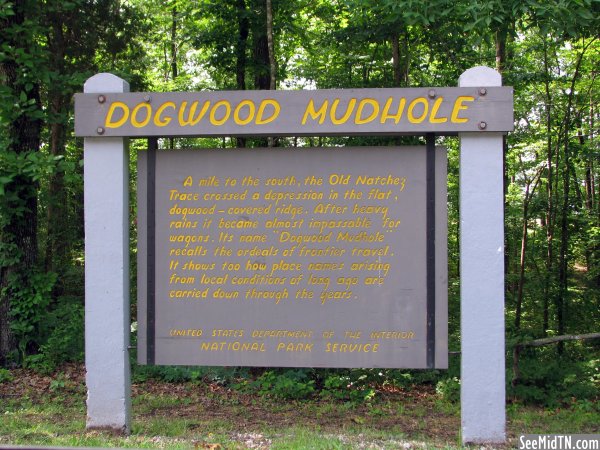The Report from Dogwood Mudhole
Franklin Sanders is a well-known Southern leader and spokesman. In 1995 Sanders, his wife, children, and grandchildren moved lock, stock, and barrel to Wayne County, Tennessee, determined to return to the land and learn to be farmers. Their adventures in this epic agrarian quest are being recorded by Sanders in a trilogy. The first volume was At Home in Dogwood Mudhole: Nothing That Eats. The second volume is just now available, At Home in Dogwood Mudhole: Best Thing We Ever Did. (In case you are wondering, Dogwood Mudhole is a real place, named by pioneers on the old Natchez Trace for its dogwood trees and deep holes.) Full of Franklin Sanders’s Christian faith and inimitable wisdom and humour, this work without doubt will become a Southern classic. It is available in paperback and on Kindle.
Tom Landess Reader
Thomas H. Landess , who passed away in 2012, should be even better known than he is to Southern readers. He was a gifted, prolific and versatile writer, equally at ease with literary criticism, high-end journalism, history, and fiction. He studied under the Vanderbilt Agrarians and was M.E. Bradford’s closest friend and collaborator at the University of Dallas. With rare boldness, Landess left a secure academic post to pursue a successful career as a writer and ghostwriter. Most writers are heavy with vanity, eager to collect and save their precious words. Not Tom Landess. He could not lay his hands on many of his most admired writings and after giving a standing ovation lecture was seen to casually toss away his notes. His editors, Clyde Wilson and Mary Beth Landess, have had a demanding search in bringing together some of the best of Tom’s nonfiction in a collection just published by Chronicles Press: Life, Literature, Lincoln: A Tom Landess Reader. The book is available in hardback and paperback at 1-800-383-0680. For years Landess wrote, largely without credit, much of the contents of the ill-managed Southern Partisan in a vain effort to make it into a genuine Southern journal. He managed Mel Bradford’s 1980-81 campaign for chairman of the National Endowment for the Humanities. Southern readers will value his history of the vile conspiracy that defeated that effort to enhance American learning and culture. Bradford and Landess planned together a book on Lincoln, never completed. Bradford’s essays on the Great Emancipator are fairly well known. This collection contains Landess’s unique and startling writings on that same over-hallowed subject. There are also personal recollections of a number of the Agrarians, studies of the work of Bradford and other Southern and non-Southern writers, and insightful commentary on the ongoing American scene.







